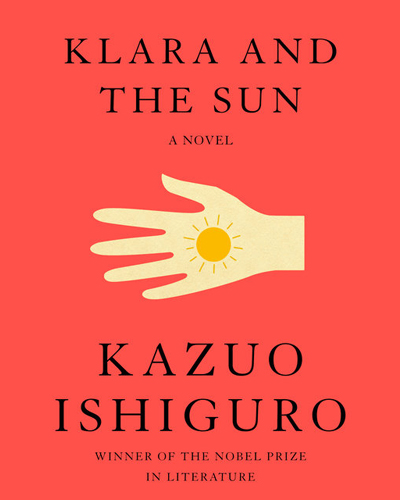
| Language | From $0.00 |
| Release Date | March 2, 2021 |
| Genre | Fiction |
| Author | Kazuo Ishiguro |
| File Size | Alfred A. Knopf |
| Rating | (4.01) |
Set in a near-future world where artificial intelligence (AI) coexists with humans, Klara and the Sun tells the story of Klara, an Artificial Friend (AF) designed to provide companionship for children. The novel follows Klara’s experiences as she observes and learns from the world around her while trying to understand her own place and purpose within it.
Klara is an observant and empathetic AI who is driven by her desire to help those she cares for, particularly her human friend Josie. As the story’s protagonist, Klara offers a unique and insightful perspective on humanity and the complexities of emotions.
A young girl who becomes Klara’s owner, Josie is a complex character struggling with illness and navigating her place within a world that treats AI with a mix of fascination and fear. Her relationship with Klara forms the emotional core of the novel.
One of the most compelling aspects of Klara and the Sun is its exploration of what it means to be human and the nature of consciousness. Through Klara’s journey to understand her own existence, the novel raises questions about the boundaries between humans and AI, as well as the ethical implications of creating sentient beings.
At its heart, Klara and the Sun is a story about love in its various forms, from the deep bond between Klara and Josie to the complex relationships between human characters. The novel explores the power of love to motivate, heal, and transform, as well as the potential consequences of love’s absence.
The world of Klara and the Sun presents a society grappling with the consequences of advanced AI technology. The novel raises thought-provoking questions about the ethical dilemmas inherent in creating and using AI, such as the potential for exploitation and the implications of treating sentient beings as property.
Klara’s point of view as the narrator provides a unique and engaging perspective on the story, allowing readers to share her observations and emotions as she navigates her world.
Ishiguro masterfully reveals information gradually, building tension and suspense while encouraging readers to consider the novel’s themes and messages more deeply. This slow-burning approach may not appeal to everyone, but it adds a layer of depth to the story that makes it all the more rewarding.
The novel’s unique perspective, thought-provoking themes, and memorable characters make it a compelling and engaging read. Ishiguro’s writing is both elegant and evocative, immersing readers in Klara’s world and encouraging them to ponder the questions it raises.
Some readers may find the pacing of Klara and the Sun to be slow, particularly in the early chapters. Additionally, the novel’s ambiguous ending may leave some feeling unsatisfied or craving more closure.
Klara and the Sun is a thought-provoking and emotionally resonant novel that will appeal to fans of literary fiction and those interested in the ethical implications of AI. While its pacing and ending may not be to everyone’s taste, the novel’s unique perspective, memorable characters, and profound themes make it well worth the investment. I highly recommend Klara and the Sun to those seeking a novel that will challenge and engage them on multiple levels.